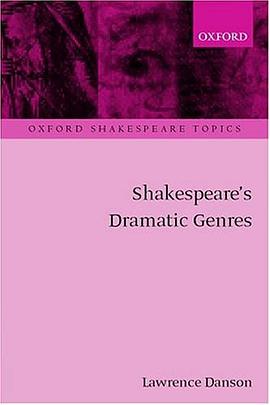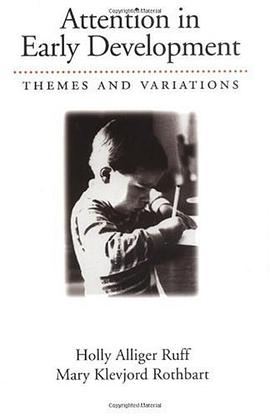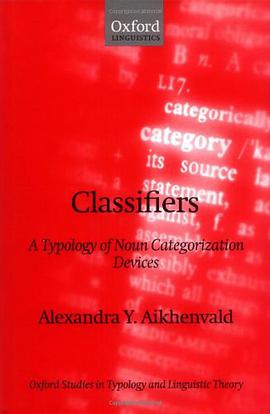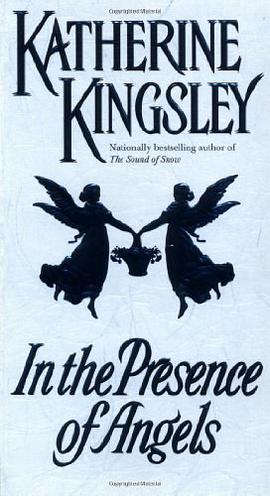
Contemporary continental philosophy approaches metaphysics with great reservation. A point of criticism concerns traditional philosophical speaking about God. Whereas Nietzsche, with his question God is dead; who killed Him?was, in his time, highly 'unzeitgema' and shocking, the twentieth century by contrast, saw Heidegger's concept of 'onto-theology' and its implied problematization of the God of the metaphysicians quickly become a famous term. In Heidegger's words, to a philosophical concept or 'being' we can neither pray, nor kneel. Heidegger did not, however, return to the God of Christian faith. He tried to initiate a new way of speaking about God-a way that reveals the limits of philosophical discourse. Derrida, Marion, Bataille, Adorno, Taubes and Bakhtin, each in their own way, continue this exploration begun by Nietzsche and Heidegger. This book takes a fresh look at these developments. The 'death of God' as the editors say in an introductory study, announces not so much the death of the 'old God'-the God of philosophers, theologians and believers-but rather the death of the god who put himself on His throne: autonomous human reason. In listening to the reactions to this dethronement of autonomous reason, the editors believe they hear the echoes of an experience of an embarrassment rooted partly in an old medieval tradition: negative theology. With the death of this 'new god', might a sensitivity reappear for transcendence? Here the editors want to offer a platform where contemporary philosophers of culture can again pose the question of speaking about God.
具体描述
读后感
评分
评分
评分
评分
用户评价
相关图书
本站所有内容均为互联网搜索引擎提供的公开搜索信息,本站不存储任何数据与内容,任何内容与数据均与本站无关,如有需要请联系相关搜索引擎包括但不限于百度,google,bing,sogou 等
© 2025 qciss.net All Rights Reserved. 小哈图书下载中心 版权所有





















